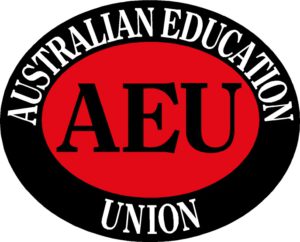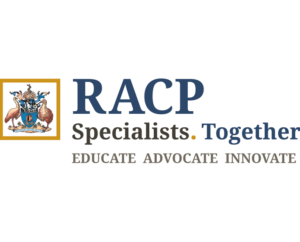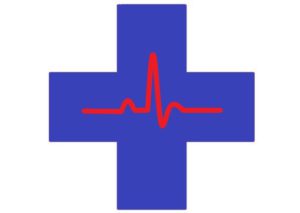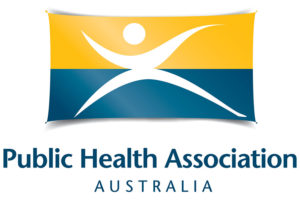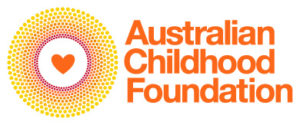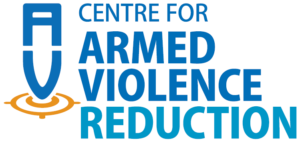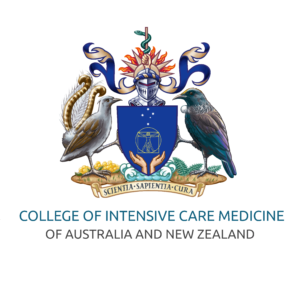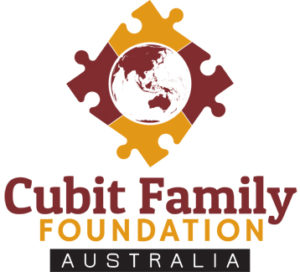By the time the terrible death toll at Port Arthur was finally tallied, Rebecca Peters was already hard at work alerting the media to serious flaws in Australia’s gun laws.
Years of studying the issue meant by 1996 she was an expert in the field.
When a gunman killed seven people, including himself, with a semi-automatic rifle after stabbing a girl to death in Strathfield, Sydney in 1991, Rebecca was at law school.
“I was a journalist with a deep concern for criminal justice issues and that passion pushed me to study law,” she says.
“The Sydney killings made me look at Australia’s gun control laws – and they were so much worse than I realised. The legislation was so bad that at first I thought there were missing pages.”
Outraged, Rebecca wanted to draw these issues to the attention of the press, politicians and the public.
She started volunteering for the Coalition for Gun Control, becoming a media spokesperson.
In 1995 she finished her law degree with a thesis comparing gun laws across Australia’s jurisdictions.
Therefore when the appalling rampage in Tasmania occurred, Rebecca was what she terms “a visible activist”.
With public anger high, now was the time to galvanise politicians behind gun control law change.
Rebecca bombarded the media with the key points of her research – particularly the need for registration of all guns and a ban on semi-automatics.
As political will grew to tighten the various state and territories’ legislation, the years of research and work of Rebecca and a small band of coalition volunteers became invaluable.
A year before Port Arthur, Rebecca was asked by new NSW parliamentarian Alan Corbett to help draft a bill to tighten gun laws in the state.
She used her research and knowledge of legislation from around the world to draw up the bill but political opposition ensured it never got to parliament.
However, in the aftermath of Port Arthur all that work proved invaluable.
Within 12 days, Prime Minister John Howard produced the National Firearms Agreement and the NSW bill, and the key criteria listed by the NCGC were incorporated.
“Everything we had all done to that point enabled the NFA to be produced in such a short time,” Rebecca said.
Rightly proud of their achievements at that time, Rebecca knows, too, what was won can also be lost.
“I would love to see an office or person established to keep the pressure on and ensure backroom deals aren’t done to further undermine the legislation and ensure enforcement,” she says.
“It can’t continually be done by a group of volunteers. That isn’t acceptable. Imagine any other public health issue being ignored by politicians and the protection of the community left to a small group of passionate volunteers to protect.”
A quarter of a century on from Port Arthur, Rebecca is still battling the scourge of gun violence. She lives in Guatemala, where she devotes her life to the survivors of gun crime – those she describes as the invisible people.
“When there is an atrocity, we tend to count the dead and maybe name the dead and the injured become forgotten,” she says.
“Many live with terrible injuries, including spinal cord injuries. There is no support to help these people speak up and be visible.”
In Guatemala, gun shot is the number one cause of spinal cord injury.
Rebecca raises these issues with the media and lobbies politicians to fix the lax gun laws. She also raises funds for Asociacion Transiciones which makes wheelchairs for victims of gun violence.
Currently in Australia, after becoming stuck due to Covid restrictions on her last visit, Rebecca is bedding down in friends’ homes while she waits to return to Central America.
One of the world’s foremost gun control experts, who headed up the International Action Network on Small Arms, is still a volunteer.
Her seemingly endless fight for gun control and work for victims of gun violence is all unpaid.
She has recently completed a Master’s thesis on six Guatemalan shooting survivors.
One was a child caught up in a drive-by, another a victim of domestic violence, one shot by car thieves, a bus-driver’s assistant shot by extortionists, a victim of mistaken identity and a man shot by his partner’s ex.
“Six very different violent incidents,” Rebecca says. “But the common denominator is the gun.”









